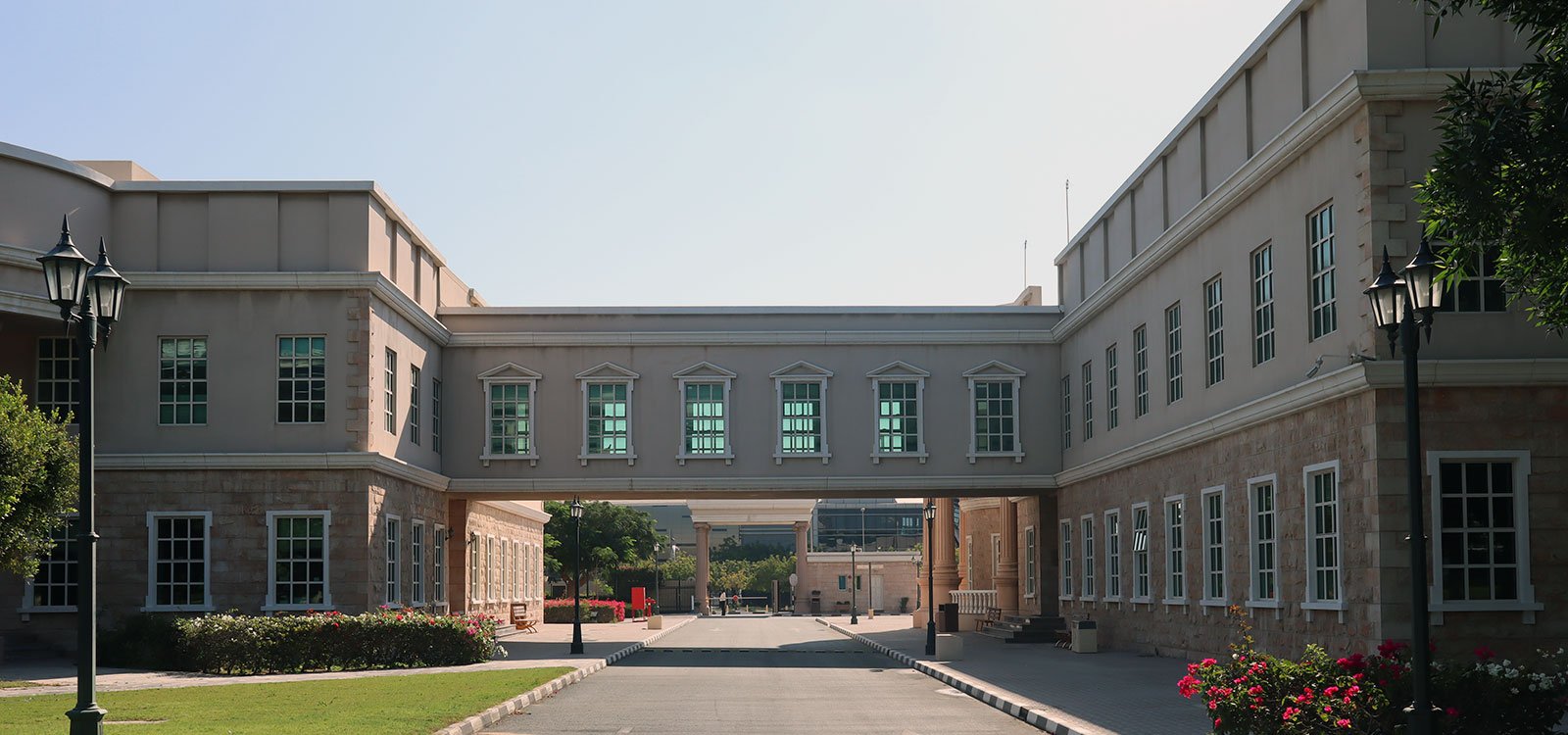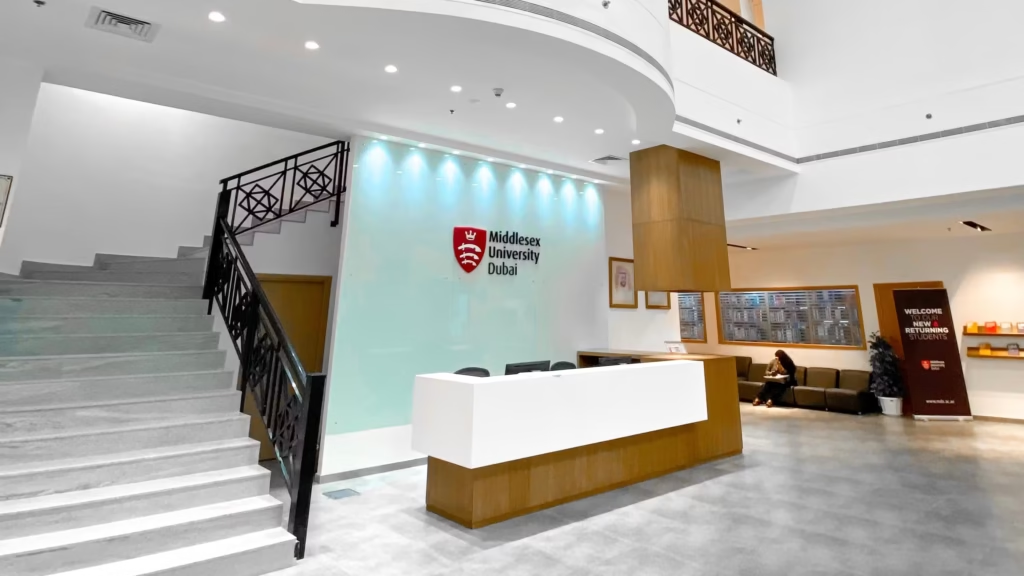Dubai’s higher education sector is experiencing an unprecedented boom, with Dubai university enrolments surging by up to 120% in recent years. This dramatic increase has left many institutions struggling to accommodate the influx of students, resulting in long waiting lists and heightened competition for spots. But what’s driving this surge, and how are universities and students adapting? This article explores the factors behind the enrolment boom, its impact on Dubai’s education landscape, and what it means for the future.
Why Are Dubai University Enrolments Skyrocketing?
The rise in Dubai university enrolments can be attributed to several key factors. Dubai has solidified its position as a global hub for education, attracting students from across the Middle East, Asia, Africa, and beyond. Here’s why:
- World-Class Institutions: Universities like the American University in Dubai (AUD), University of Dubai, and Heriot-Watt University offer internationally recognized degrees, drawing students seeking quality education.
- Strategic Location: Dubai’s position as a global business and tourism hub makes it an attractive destination for students who want to study in a cosmopolitan environment with career opportunities.
- Diverse Programs: From business and engineering to arts and technology, Dubai’s universities offer a wide range of programs tailored to modern career demands.
- Government Support: The UAE government’s focus on education as a pillar of economic growth has led to investments in infrastructure and scholarships, making Dubai a magnet for learners.
- Post-Pandemic Recovery: After the disruptions of COVID-19, many students delayed their studies, leading to a backlog of applicants now entering the system.
This combination of factors has created a perfect storm, pushing enrolment numbers to new heights and overwhelming university admissions offices.

The Impact of the Enrolment Boom
The surge in Dubai university enrolments has had far-reaching effects on students, universities, and the city’s education ecosystem. While the growth reflects Dubai’s rising status as an education hub, it also presents challenges.
Overcrowded Campuses and Waiting Lists
Many of Dubai’s top universities are operating at full capacity, with some reporting waiting lists for the first time in years. For example, institutions like Middlesex University Dubai have seen application numbers double, forcing them to implement stricter admission criteria. Students who once easily secured spots are now facing delays or rejections due to limited seats.

Strain on Resources
The rapid increase in student numbers has put pressure on university facilities, faculty, and support services. Classrooms are packed, and some institutions are struggling to hire enough qualified professors to meet demand. Additionally, student housing is becoming scarce, with on-campus accommodations filling up quickly.
Rising Competition Among Students
With more applicants vying for limited spots, competition has intensified. Students are now required to submit higher grades, stronger personal statements, and additional qualifications to stand out. This has led to increased stress among applicants, particularly international students navigating unfamiliar systems.
How Universities Are Responding
Dubai’s universities are taking proactive steps to address the challenges posed by the enrolment surge. Here are some of the measures being implemented:
- Expanding Infrastructure: Universities are investing in new campuses, lecture halls, and student accommodations to accommodate more students. For instance, Zayed University has announced plans to expand its facilities to meet growing demand.
- Digital Learning Solutions: Some institutions are introducing hybrid learning models, combining online and in-person classes to increase capacity without compromising quality.
- Streamlined Admissions: To manage the influx of applications, universities are adopting technology-driven admissions processes, such as AI-powered screening tools, to evaluate candidates more efficiently.
- Partnerships with Industry: To prepare students for the job market, universities are forging stronger ties with local businesses, offering internships and co-op programs to enhance employability.
These efforts aim to balance the need for accessibility with maintaining high academic standards.
Challenges for Students

For students, the enrolment boom has created both opportunities and obstacles. While Dubai’s universities offer world-class education, the increased competition and waiting lists have made the application process daunting.
Financial Pressures
The cost of studying in Dubai can be significant, especially for international students. Tuition fees at top universities range from AED 50,000 to AED 100,000 per year, and the rising demand has not yet led to significant fee reductions. Additionally, limited scholarship opportunities for international students add to the financial burden.
Housing Shortages
With more students enrolling, finding affordable housing is a growing challenge. Many students are forced to seek off-campus accommodations, which can be expensive in a city like Dubai. This has led some to consider universities in neighboring emirates, such as Sharjah or Ajman, where housing is more affordable.
Emotional and Academic Stress
The competitive admissions process has taken a toll on students’ mental health. The uncertainty of waiting lists and the pressure to meet high academic standards can be overwhelming, particularly for first-time applicants.
The Role of International Students
A significant portion of the enrolment surge comes from international students, who make up a large percentage of Dubai’s university population. Countries like India, Pakistan, Nigeria, and the UK are among the top sources of international applicants. These students are drawn to Dubai’s multicultural environment, safe campuses, and proximity to global job markets.
However, international students face unique challenges, including:
- Visa Delays: The influx of applications has slowed down visa processing times, leaving some students in limbo.
- Cultural Adjustment: Adapting to a new country and education system can be challenging, particularly for those unfamiliar with the UAE’s cultural norms.
- Higher Costs: International students often pay higher tuition fees and face additional costs for travel and accommodation.
Despite these hurdles, the allure of studying in Dubai continues to grow, with many students viewing it as a stepping stone to global careers.
What Does the Future Hold?
The surge in Dubai university enrolments is a testament to the city’s growing reputation as an education hub. However, sustaining this growth will require careful planning and investment. Here are some trends to watch:
- Increased Investment in Education: The UAE government is likely to continue prioritizing education, with more funding for universities and scholarships to attract top talent.
- Rise of Online Learning: Hybrid and online programs will play a larger role in accommodating students, especially as universities expand their digital infrastructure.
- Focus on Employability: Universities will strengthen partnerships with industries to ensure graduates are job-ready, addressing concerns about oversaturation in certain fields.
- Sustainability Initiatives: As Dubai aims to be a leader in sustainability, universities are introducing programs focused on green technology, renewable energy, and environmental sciences.
Advice for Prospective Students

For students hoping to join Dubai’s universities, preparation is key. Here are some tips to navigate the competitive admissions process:
- Start Early: Research universities and their requirements at least a year in advance to ensure you meet deadlines and criteria.
- Strengthen Your Application: Focus on academic excellence, extracurricular activities, and a compelling personal statement to stand out.
- Explore Scholarships: Many universities offer merit-based or need-based scholarships. Check eligibility requirements early.
- Consider Alternatives: If waiting lists are long, explore reputable universities in other emirates or online programs offered by Dubai institutions.
- Seek Support: Work with education consultants or university advisors to streamline your application and visa processes.
Conclusion
The 120% surge in Dubai university enrolments reflects the city’s growing appeal as a global education destination. While this boom brings exciting opportunities, it also poses challenges for universities and students alike. By investing in infrastructure, embracing digital solutions, and supporting students, Dubai’s higher education sector is poised to navigate this growth successfully. For prospective students, careful planning and resilience are essential to securing a spot in one of Dubai’s prestigious institutions. As the city continues to evolve, its universities will play a pivotal role in shaping the next generation of global leaders.
Read More: UAE Warning: Expired Emirates ID Could Cost You Dhs1000!












